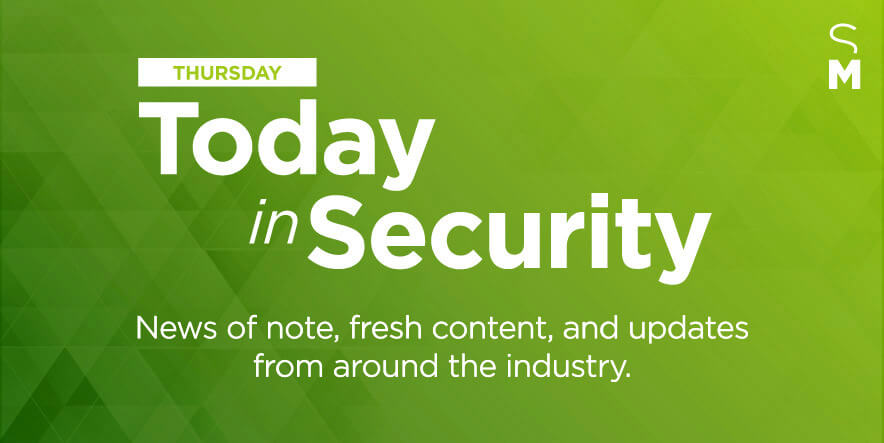N95: Shortages, Stockpiles, and Shams
The United States is again facing a shortage of medical grade masks for frontline healthcare workers, this time while U.S. producers deal with stockpiles and frustration over a lack of federal guidance on mask usage and distribution for medical personnel.
Some hospitals are rationing N95 masks—so named because when used appropriately they can filter 95 percent of infectious particles—in the hopes of avoiding the shortages that blemished efforts to treat patients and protect personnel within the past year. Prior to the COVID-19 pandemic, masks were discarded after treating a single patient to avoid spreading viral particles. Stories about healthcare workers reusing N95 masks or relying on homemade masks and PPE became almost commonplace in 2020.
One year into the COVID-19 pandemic, the U.S. finds itself with a swelling stockpile of N95 masks. Yet there still aren’t nearly enough going to hospitalshttps://t.co/8R6IjDiTyP
— KTLA (@KTLA) February 16, 2021
Prestige Ameritech, an N95 face mask company, can manufacture roughly 1 million masks every four days. And while its Texas warehouse is full of containers with the masks, owner Mike Bowen said he lacks orders from customers.
In interviews with the Associated Press, procurement officers who purchase supplies for more than 300 hospitals said they all have two to 12 months worth of N95 masks sitting in storage. But administrators in almost all of these hospital facilities still limit the number of N95 masks issued to staff to one mask per day or per week.
“The logistical breakdown is rooted in federal failures over the past year to coordinate supply chains and provide hospitals with clear rules about how to manage their medical equipment,” the Associated Press reported. “Internal government emails obtained by The Associated Press show there were deliberate decisions to withhold vital information about new mask manufacturers and availability."
Previously, the Biden administration has asked the public to refrain from using N95 masks, saving them for frontline workers. According to CBS News, U.S. Centers for Disease Control and Prevention (CDC) Director Dr. Rochelle Walensky said the agency maintained that cloth masks can adequately deter the spreading of the virus.
The National Institute for Occupational Safety and Health (NIOSH) lists approved manufacturers of N95 masks and other respirators.
As people stock up on PPE, new research shows KN95 masks are not only more readily available than N95 masks - they could be more effective too. https://t.co/LCe3tFtPrM
— Rolling Stone (@RollingStone) February 18, 2021
But Internet marketplace websites, including legitimate ones like Amazon, have given rise to listings of counterfeit N95 masks, further frustrating purchasers.
“It’s a bit of a Wild West,” Saoud Khalifah, founder of Fakespot, told The New York Times. “This is the biggest critical problem: You think it’s real, and suddenly you get sick.”
.@bxchen learned plenty about how to spot fraudulent N95 mask listings and how to sidestep fake reviews. Here’s how to find real medical-grade masks that will keep you and your loved ones safe. https://t.co/okwPFhyEpf
— NYTimes Tech (@nytimestech) February 18, 2021
And it’s not only the general public who can be susceptible to a seemingly-legitimate vendor with multiple five-star ratings. On 17 February, the U.S. Department of Homeland Security announced the seizure of more than 11 million fake 3M N95 masks that would have otherwise been used by medical staff in at least five U.S. states.
U.S. agents have seized approximately 10 million counterfeit N95 face masks bearing the 3M logo in recent weeks https://t.co/eVqloEChzH
— The Wall Street Journal (@WSJ) February 18, 2021
